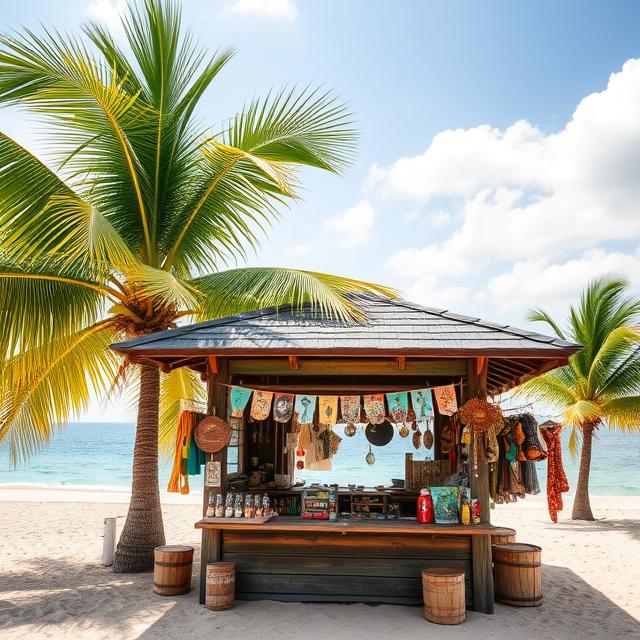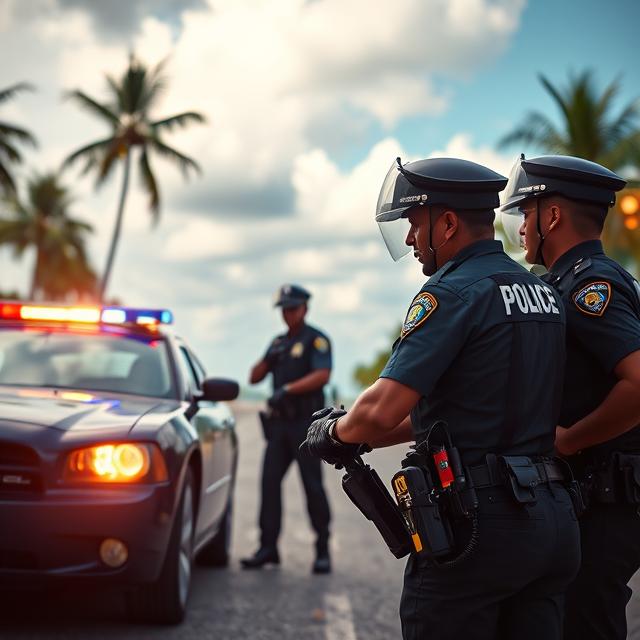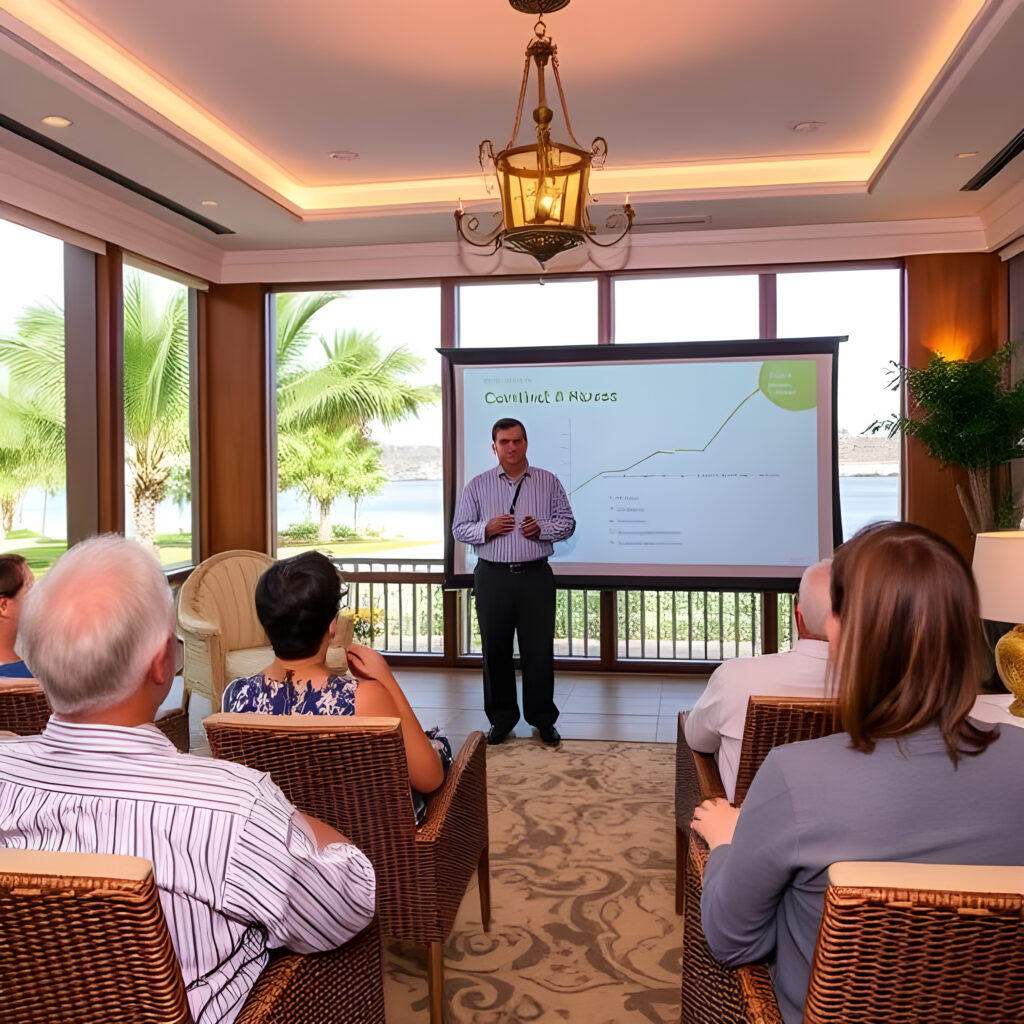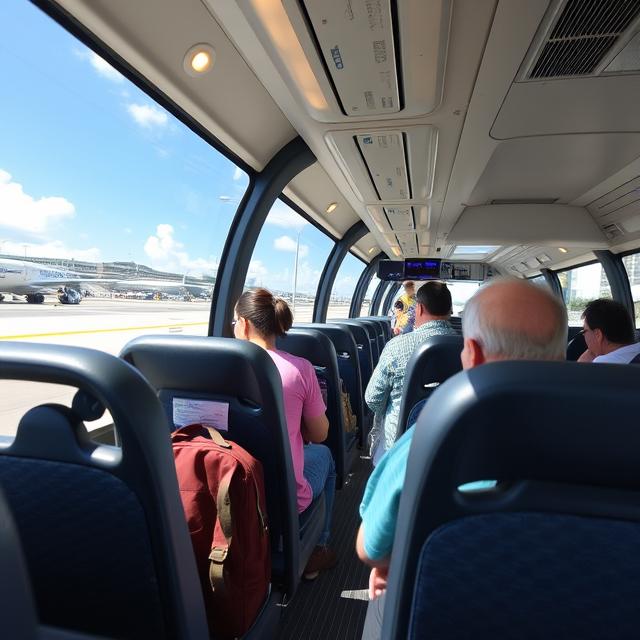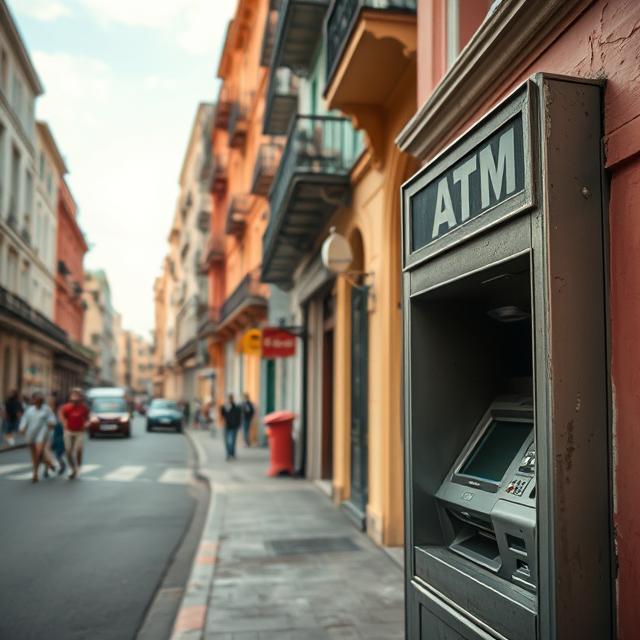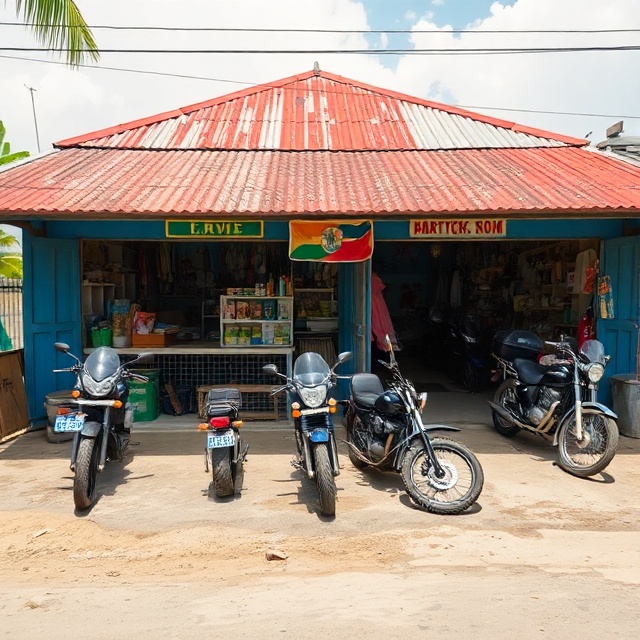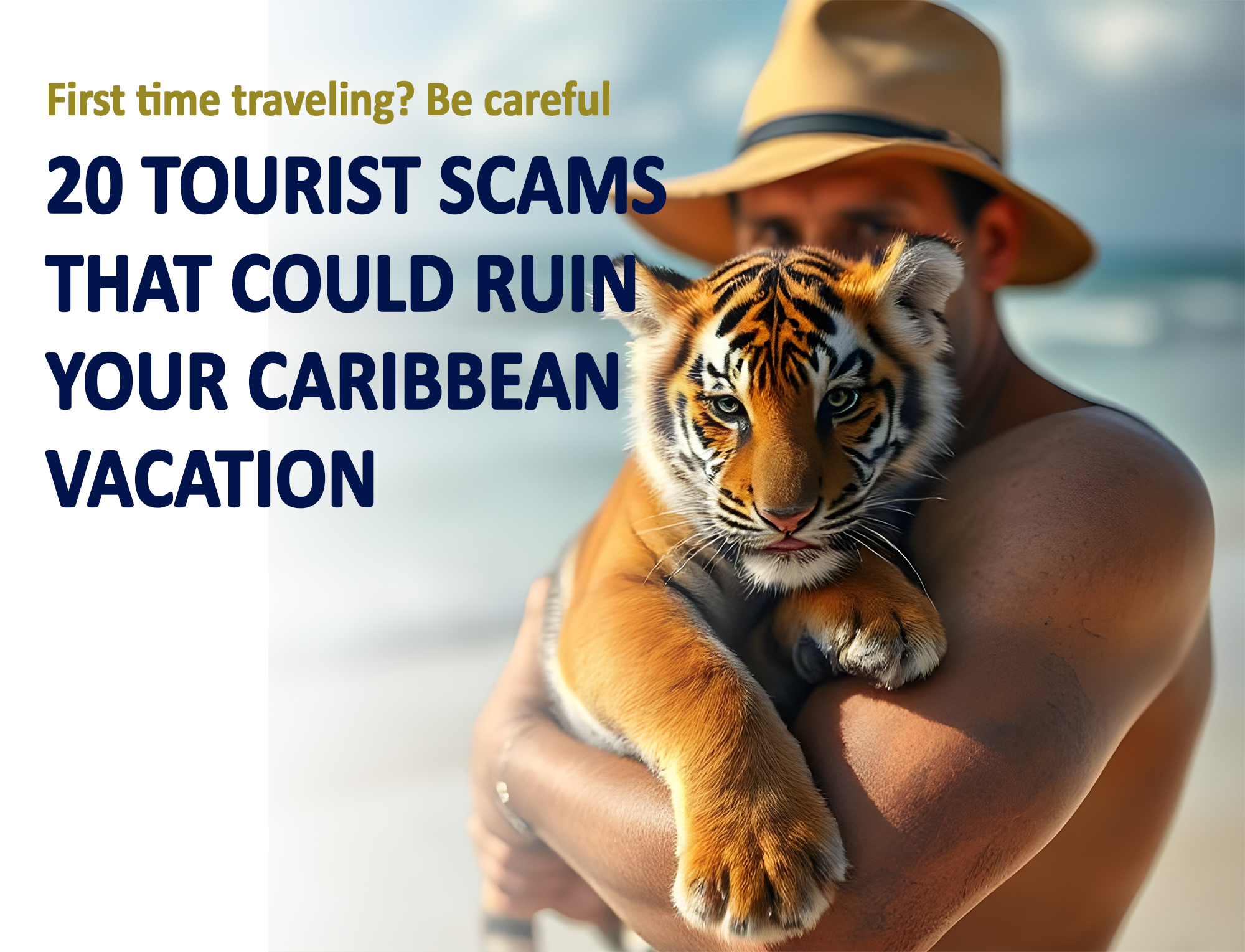
⚠️ This article is based on our travel experiences, research, and feedback from countless Caribbean explorers. The goal is not to discourage anyone from visiting this paradise, but to provide tools and awareness so you can fully enjoy your trip without falling for the most common traps.
The Caribbean is a dream destination: turquoise waters, lush jungles, vibrant music, flavorful cuisine, and warm, welcoming people. But like any popular travel region, it also attracts its share of opportunists. Scams here aren’t always violent or dangerous, but they can sour an otherwise perfect vacation.
In this in-depth guide, we’ll take a detailed look at the most common tourist scams in the Caribbean—from free bracelet tricks to fake tour guides—along with real-world examples and concrete tips to protect yourself. Whether you’re heading to Jamaica, the Bahamas, the Dominican Republic, or Cuba, this article will help you travel with confidence.
Where: Nassau (Bahamas), St. Thomas (USVI), Cozumel (Mexico)
It starts with a smile. A friendly local walks up, slips a bracelet on your wrist, hands you a flower, or gives you a “blessed” trinket. You’re told it’s a gift, a welcome, or a symbol of friendship.
Then comes the pressure. Suddenly, you’re told you need to pay—sometimes $10, $20, or more. If you hesitate, the mood changes quickly: raised voices, blocking your path, or even shaming you publicly.
Why it works: Tourists often feel guilty saying no, especially when the scammer seems friendly at first.
✅ Advice: Refuse unsolicited gifts politely but firmly. Don’t let anyone place something on you. If it happens, calmly remove it and hand it back without engaging further.
Where: Montego Bay (Jamaica), Nassau (Bahamas), Punta Cana (Dominican Republic)
The pitch is simple: “Cheaper than the hotel! Fun guaranteed!” Tourists jump at the deal, only to discover the hidden trap.
The equipment is unsafe, often lacking brakes, helmets, or proper maintenance.
At the end, you’re accused of causing scratches or damage that already existed.
You’re pressured to pay hundreds in “repair fees.”
One traveler in Montego Bay was accused of damaging a scooter and asked for $200 on the spot—despite clear pre-existing dents.
✅ Advice: Rent only from licensed operators with reviews online. Take photos/videos of the equipment before you leave. If you feel pressured, involve your hotel or even the local tourist police.
Where: Negril (Jamaica)
Cannabis is legal in Jamaica, but resorts don’t officially sell it. Some staff take advantage by approaching guests discreetly, offering poor-quality weed at inflated prices. Not only is this a rip-off—it can put your stay at risk if management finds out.
✅ Advice: If you want to purchase, visit a licensed dispensary outside the resort. There, you’ll get better quality, fair pricing, and no legal gray areas.
Where: Varadero (Cuba)
Cuba is famous for its cigars, but on the beach or in markets, many “authentic” Montecristo or Cohiba cigars are cheap counterfeits. Tourists spend $20–$30 for poorly rolled fakes stuffed with low-grade tobacco.
✅ Advice: Buy only from official cigar shops (La Casa del Habano). If someone whispers “real cigars” in the street—it’s not real.
Where: Punta Cana (Dominican Republic), Nassau (Bahamas)
Shops sometimes place fragile items close to tourists. The moment you turn, an item “accidentally” falls. The vendor insists you broke it and demands immediate payment—sometimes $50 or more.
✅ Advice: Keep your hands to yourself in crowded shops. If accused unfairly, stand your ground, involve other customers, or even your hotel concierge if necessary.
Where: Throughout the Caribbean
Markets brim with colorful crafts labeled as “handmade.” But many are imported wholesale from China and resold at huge markups. A straw basket sold for $50 in Nassau may be identical to one online for $10.
✅ Advice: Buy directly from artisans when you see them crafting items. Ask about the process. Look for artisan cooperatives or certified markets.
Where: Punta Cana (Dominican Republic), Nassau (Bahamas)
Tourists may be stopped for fabricated infractions like “wrong parking” or “missing documents.” Instead of a ticket, officers ask for $50–$100 in cash.
✅ Advice: Always ask for an official ticket. Never hand over cash. If pressured, politely request to go to the station. Tourists often get left alone if they refuse bribes.
Where: Varadero (Cuba), Nassau (Bahamas)
On popular beaches, vendors charge inflated rates—sometimes three or four times what locals pay. Worse, hidden fees may appear (“extra charge for shade” or “cleaning fee”).
✅ Advice: Negotiate upfront. If the price sounds ridiculous, walk a few steps further down the beach.
Where: Punta Cana (Dominican Republic), Nassau (Bahamas)
Street touts advertise cheap snorkeling, island tours, or cultural visits. What you actually get: overcrowded boats, unsafe conditions, or no-show guides. In one case, a “private tour” turned into 15 people crammed onto a small boat.
✅ Advice: Book only through official hotel desks, licensed agencies, or highly reviewed platforms like Viator or GetYourGuide.
Where: Throughout the Caribbean
At shops or restaurants, merchants may offer to charge your credit card in your home currency. Sounds convenient—but it comes with hidden fees and terrible exchange rates.
✅ Advice: Always pay in local currency. If your card terminal asks, choose “local currency.”
Where: Punta Cana (DR), Nassau (Bahamas)
“Free breakfast! Free excursion!” The catch? You’re trapped in a three-hour timeshare pitch, pressured to sign contracts on the spot.
✅ Advice: Skip the freebies. If you do attend, set a strict time limit and never sign anything without reading carefully.
Where: Punta Cana, Nassau
Skimming devices are placed on ATMs to steal your card details. Tourists often discover unauthorized withdrawals days later.
✅ Advice: Use ATMs inside banks or shopping malls. Cover your PIN and monitor statements during and after your trip.
Where: Throughout the Caribbean
Hotels sometimes add surprise charges: Wi-Fi fees, “service” charges, resort taxes.
✅ Advice: Always confirm charges at check-in. Ask for an itemized invoice when you check out.
Where: Punta Cana, Nassau
Unlicensed taxi drivers target tourists leaving airports. A 15-minute ride can cost $80 or more.
✅ Advice: Pre-book transfers with your hotel, or use official taxi stands and ride-sharing apps where available.
Where: Cruise ports (Nassau), Old San Juan (Puerto Rico)
Restaurants near tourist hotspots inflate prices. A simple bottle of water might cost triple the local rate.
✅ Advice: Walk a few blocks away from the main attractions. You’ll find authentic food for a fraction of the price.
Where: Port of Spain (Trinidad), Nassau (Bahamas)
Friendly strangers offer to carry bags or give directions—then demand payment afterward.
✅ Advice: Decline politely. Keep your belongings close and maintain control.
Where: Punta Cana, Nassau, Bridgetown (Barbados)
Scammers approach with a clipboard asking for donations to “help children” or “support disaster relief.” Most of these causes don’t exist.
✅ Advice: Only donate through recognized organizations. Politely walk away from street solicitors.
Where: Resorts in Punta Cana, Montego Bay, Nassau
Spa packages look appealing, but tourists often report rushed treatments, hidden fees, or overcharging.
✅ Advice: Check reviews beforehand, confirm all prices in writing, and consider local spas outside the resort.
Where: Throughout the Caribbean
Some operators sell adventure packages—fishing, diving, eco-tours—but lack licenses or insurance. If something goes wrong, you’re on your own.
✅ Advice: Verify credentials, ask about insurance, and book only with established agencies.
Where : Throughout the Caribbean
Vendors approach tourists on the beach offering a “free” photo with a parrot, iguana, monkey or other animal. They take pictures on your phone (or ask you to use theirs), then demand a high fee afterward — often far more than expected. If you refuse, the sellers may become aggressive, claim you owe them, or pressure you to go to an ATM. Many travelers report paying $40–$120 for just a few phone photos.
✅ Advice: Never take the animal in your arms. The second you do, they got you!
Trust your gut: If it feels off, walk away.
Protect your valuables: Use hotel safes, avoid flashy jewelry.
Document everything: Keep receipts, take photos of rentals or shops.
Research ahead: Learn about local scams before you go.
Support locals responsibly: Spend your money with licensed, reputable businesses.
🌴 The Caribbean remains one of the most beautiful destinations on Earth. By staying alert and informed, you can avoid the scams and fully embrace the culture, the food, the music, and the natural beauty this region has to offer. Travel smart, stay safe, and enjoy every moment of your Caribbean adventure.

